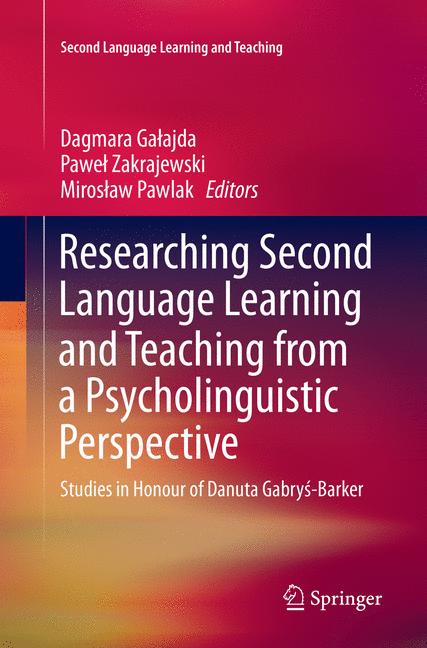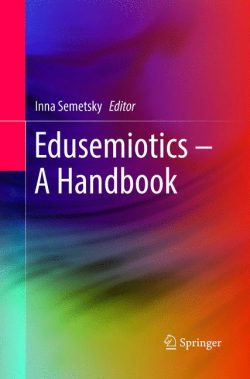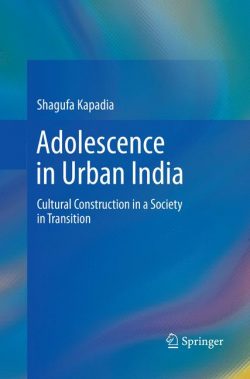This edited
collection explores the processes of second
language learning and teaching from a psycholinguistic perspective. Authored by leading experts in the field, the book includes studies focusing on theoretical,
empirical and practical aspects of second and foreign language education. Part
One offers contributions
devoted to a range of learner-related factors, dealing with affective and
cognitive variables, the process of reading and the acquisition of lexis. Part
Two brings together papers related to teacher awareness of second language instruction that focus on conversational styles, fostering intercultural
pragmatics, teacher job satisfaction, the development of instructional
materials and challenges of teacher training in different contexts. It is of interest to researchers as well as graduate and
postgraduate students seeking fresh inspirations for their own empirical
investigations of the ways in which second and foreign languages are taught and
learned.
Foreign Language Learning
from the Perspective of Individual Well-being.- “Biasing for the Best”: Looking at New Elements in a Model of
Language Learner Well-Being.- Polish Adolescents’ Perceptions of English and their Desire
to Learn it.- Investigating
Language Learning Motivation from an Ideal Language-self Perspective: Results of a Questionnaire Study.- Reading for
Remembering: On the Long-term Impact of Starting Age on Retention and Recall of
Target Language Input.- Studying English in Senior Years: A Psycholinguistic
Perspective.- Why L2 Readers Cannot Play a Psycholinguistic Guessing Game.- Stages
in the Acquisition of Foreign Lexis. This edited
collection explores the processes of second
language learning and teaching from a psycholinguistic perspective. Authored by leading experts in the field, the book includes studies focusing on theoretical,
empirical and practical aspects of second and foreign language education. Part
One offers contributions
devoted to a range of learner-related factors, dealing with affective and
cognitive variables, the process of reading and the acquisition of lexis. Part
Two brings together papers related to teacher awareness of second language instruction that focus on conversational styles, fostering intercultural
pragmatics, teacher job satisfaction, the development of instructional
materials and challenges of teacher training in different contexts. It is of interest to researchers as well as graduate and
postgraduate students seeking fresh inspirations for their own empirical
investigations of the ways in which second and foreign languages are taught and
learned.
Presents a psycholinguistic perspective on a number of critical issues related to second language learning and teaching





